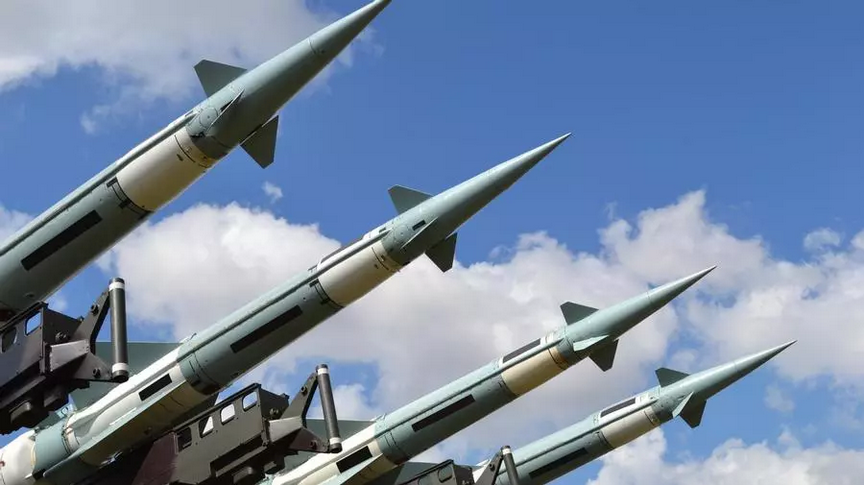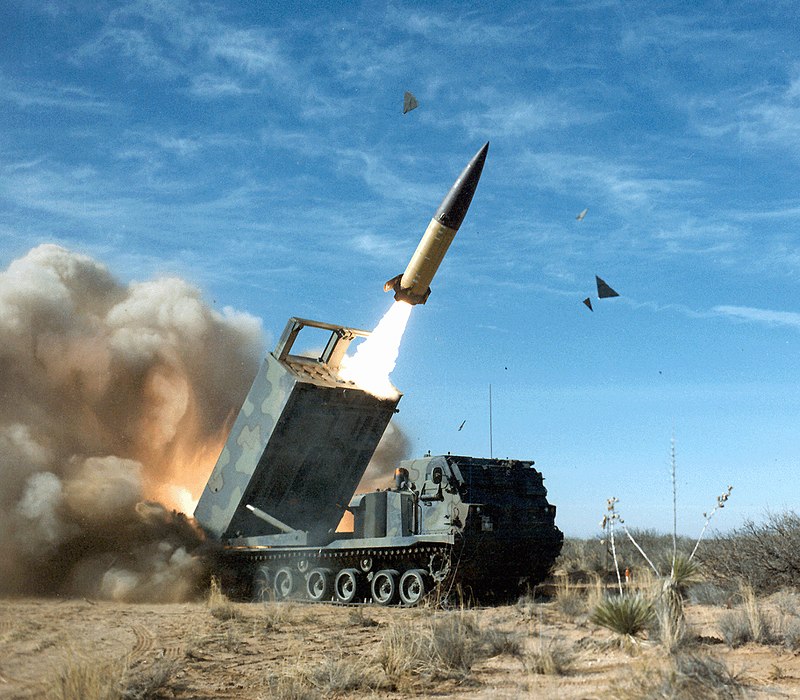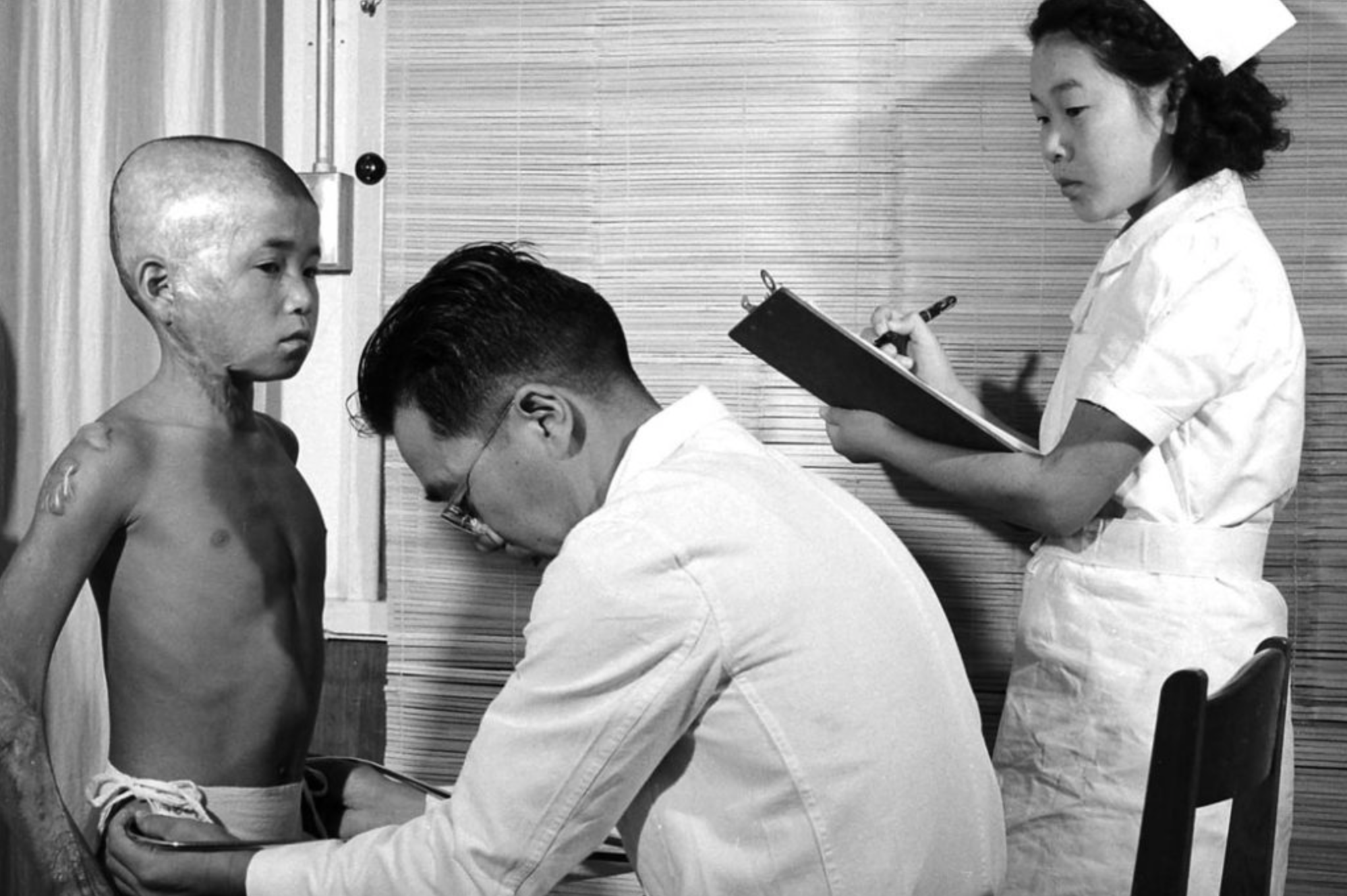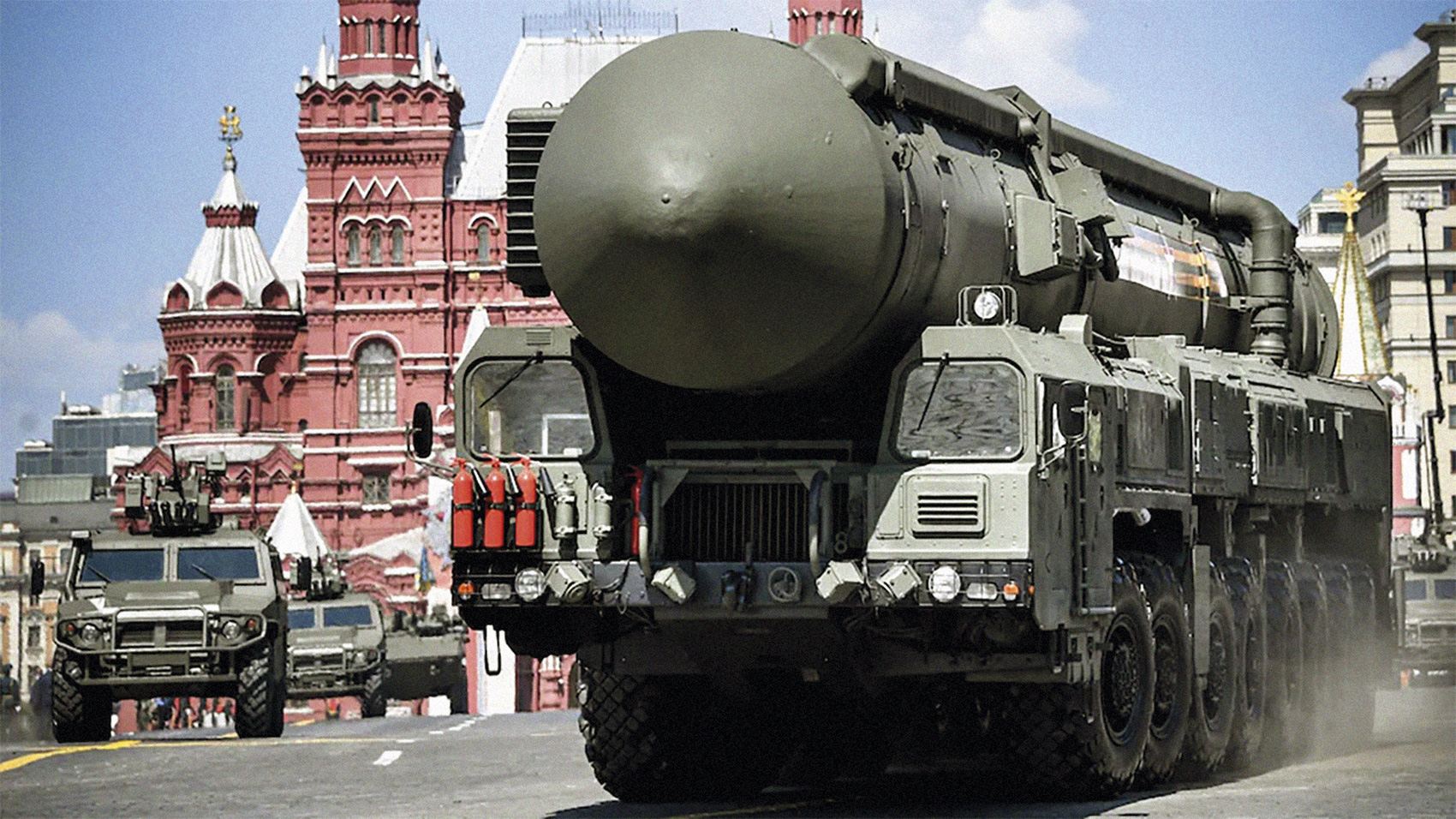How Trump and Kim Brought Us To The Door of Nuclear War
- The images that make North Korea’s dictatorship ridiculous must not be ignored: the confrontation between the small country and the world’s leading power has brought the world on the verge of a serious atomic crisis in the summer of 2017. Since in 1962 the United States and the Soviet Union almost ignited the atomic war in the Cuban missile crisis, it has not experienced such a dangerous situation. On the verge of autumn, you cannot see how to calm the dangerous fire in the Far East.
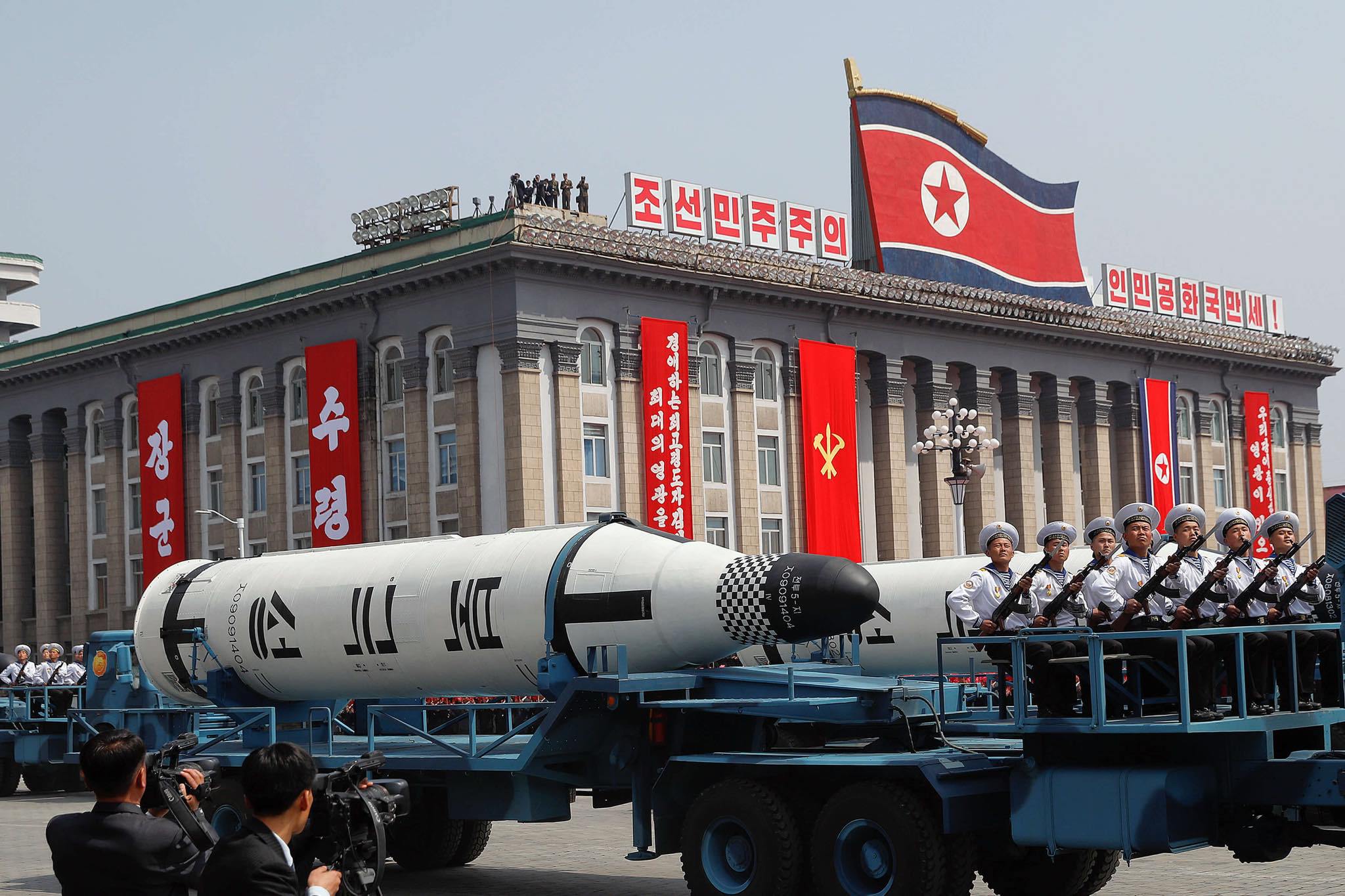
Donald Trump has chosen the anniversary day of the bombing of Hiroshima and Nagasaki to threaten North Korea with a "fire and rage attack as never seen," thus demonstrating the pride and agility of the President of the United States. On the other hand, the vanity and unconsciousness of the North Korean leader, Kim Jong-un, has everyone in the veins. One cannot say for sure that the worst happens, but it can turn into a verbal escalation because of any small fatal event. Threats and propaganda have never brought peace. It would be better to negotiate on the basis of reality.
With these words, Martine Bulard summed up in early summer the hot nuclear threat between the United States and North Korea in Le Monde Diplomatique. In Bulard’s analysis, North Korea has sought its life insurance in an atomic bomb against foreign and, above all, American interference. You can use as evidence what has happened to Iraq or Libya. Pionyang has already tested on his skin during the Korean War (1950-1953) the U.S. firepower and takes it for granted that if Iran is not because until now Western troops have managed to invade Korea thanks to its nuclear program.
It is not a question, as in the times of the grandfather or father of the current lehendakari, of negotiating a military plan in exchange for food. Kim Jong-un believes that the enemy of the South Korean family is too much a Washington server to have an autonomous policy, and so he wants to negotiate directly with the United States his recognition. Do not forget that although the war ended with an armistice in 1953, there is still no peace pact between the two.
All eyes look at China, which is North Korea's largest neighborhood, but it has to be very cautious. Although he has also voted yes when the new economic sanctions have been voted on at the UN, he then applies the measures with some flexibility. It is not interested in the nuclearisation of the Korean peninsula, because, among other things, the United States leads to more missiles and troops – hardening a military barrier that has already smothered the Chinese. Nor is it in Pionyang’s interest to complicate life, as it would bring a large number of Korean refugees to the border regions, which are already full of Koreans.
In May it was the same conflict that Philippe Pons, recently Corée du Nord, wrote. He has published the book Un État-guérilla en mutation. Pons’ “Pionyang’s rationality” is an analysis to try to understand the logic of the North Korean authorities, overcoming the ridiculous image given to us by the main media, without falling into the compliments of that dictatorship.
Following the deadly war of 1950-1953 - more than half a million military and 2.5 million civilian deaths, more than half of them from North - the Yankees have on several occasions analysed the possibilities of re-attacking North Korea. For the last time in 1994, when it was known that the People ' s Republic of Korea was producing plutonium under President Clinton ' s mandate. The visit of former lehendakari James Carter to Pionyang averted the war at the last moment.
Understanding Pionyang's Logic
Today, Donald Trump reproaches Barack Obama that he has achieved nothing with his biased policies and promises the world that he will put the Koreans on the runway by giving them a good beating. For Pons, the US authorities have ignored Pionyang’s logic of obtaining a nuclear weapon with nuclear weapons.
The North Korean authorities, Pons says, understood that they had to protect themselves alone, and to do so, in cooperation with the Soviet Union, they launched in the 1980s a civil nuclear programme which was then secretly destined for military use. Feeling even more threatened by the collapse of the Soviet Union and the evolution of China, Pionyang reinforced his nuclear plan, this time with the help of Pakistan. “When the Americans attacked in Afghanistan, Iraq and later in Syria, that has further convinced the North Koreans that possessing a nuclear weapon is the only guarantee that they will not suffer the same fate.”
In 1994, both sides reached an agreement eliminating economic sanctions for the abandonment of Korean plutonium production and providing a number of Western supplies for civilian nuclear. But the Yankees didn't fulfill their promise, the Koreans so little. The alliance for 2002 had been carried by the wind and George W. If Bush expected the Korean to drown, the opposite happened to him: The first atomic explosion occurred in 2006, followed by four or five more.
Coming to the place where we find ourselves, “it would be a suicide for the regime to give up the atomic weapon: it could not justify all the sacrifice it has made to citizens over these years to the detriment of their lives, to give priority to defence spending, but it would also be vulnerable to an external attack such as that of Iraq.” The Pionyang regime, says Pons, although considered unwise and irrational, has been following a certain political line for a long time and without pause: it seeks to be recognized as a sovereign power, to acquire an atomic weapon, to acquire international knowledge – also from Washington –, to get out of the economic disaster with profound reforms, to organize sectors that combine planning and private initiative, of which Giang does not supply either a house or a mall.
Is it China that invents to mediate? The Beijing authorities are not happy that North Korea has an atomic bomb, but it would give them a great headache that the United States does.
Chinese media The Global Times, for its part, has specified the position of the Beijing Government: "If Korea is the first to launch missiles against the territory of the United States and if the United States responds, China will maintain its neutrality in war. However, if the United States and South Korea start to pre-emptively attack and demolish the North Korean regime to change the political model of the Korean peninsula, China will not leave them.” He doesn't laugh at the Koreans, who are really doing it.
Arma nuklearren produkzioarekin, mantentze lanekin eta modernizazioarekin loturak dituzten hainbat enpresa aztertu dituzte, eta horien artean agertzen dira BBVA, Santander bankua eta SEPI.
Japan, 6 and 9 August 1945, the United States launched an atomic bomb causing tens of thousands of deaths in Hiroshima and Nagasaki; although there are no precise figures, the most cautious estimates indicate that at least 210,000 people died at the end of that year. But in... [+]
On the occasion of the Hiroshima G7, the temptation to say again what Marx has made us repeat too many times, putting us in the mouth of Hegel, is not a fool: “Hegel says that all the great events and characters in universal history appear twice, but he forgot to say: once as... [+]












